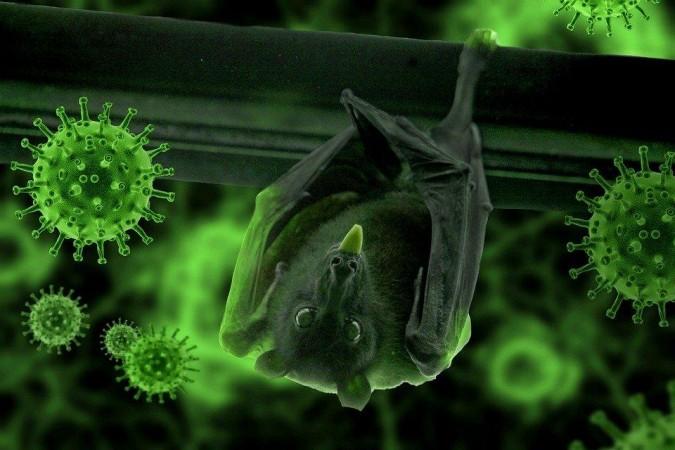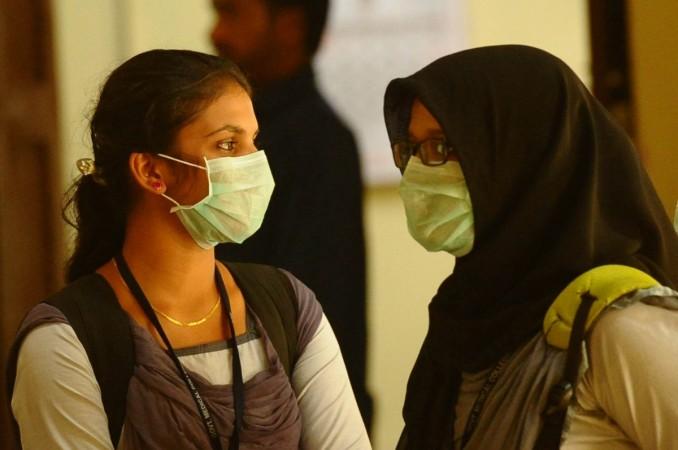Tamil Nadu's Directorate of Public Health and Preventive Medicine has issued an alert in the border areas following the Nipah virus-related deaths in Kozhikode, Kerala.
Dr T. S. Selvanivayagam, Director of Public Health and Preventive Medicine, Government of Tamil Nadu, in a statement, said: "In view of two Nipah virus cases reported from Kerala , we would screen passengers from Kerala at border check posts by the health team. A separate team has been deployed round the clock in six districts of Tamil Nadu that share borders with Kerala."
The six districts are The Nilgiris,Coimbatore, Tiruppur, Theni, Tenkasi and Kanyakumari.
The deputy directors of health services are directed to screen all symptomatic fever cases at the borders with necessary protective equipment.

Tamil Nadu Health Minister Ma Subramanian interacted with the media at Gudalur in the Nilgiri district and informed people that there was no need for panic over the Nipah outbreak in Kerala.
The minister also said that screening would be done for those who were having fever symptoms.
All arrangements are in place to contain the spread of Nipah virus which has infected four people in Kozhikode, Kerala Health Minister Veena George informed the State Assembly on Wednesday.
Of the four positive cases, two people have succumbed, while the remaining are under close medical attention in the district.
"A team of NIV Pune officials, besides epidemiological experts from Chennai, will arrive in Kozhikode. The Indian Council of Medical Research (ICMR) has been asked to ensure the availability of monoclonal antibody medicines, which are administered to the Nipah patients," said the Minister.
"There are two epicentres of the virus in Kozhikode and the district authorities are making sure that things are kept under close scrutiny. The route map of the four positive patients will soon be prepared," she added.
Nipah virus claims 2 lives
Blood samples of two more people, including a nine-year-old boy, from Kerala's Kozhikode district have been detected positive for Nipah virus infection, state Health Minister Veena George said on Tuesday night.
Of seven blood samples so far sent for testing, three have tested positive -- two are undergoing treatment while one died on Monday. Another person, who came in contact with one of the infected persons, died on August 30 and it is presumed that he too might have died of Nipah.
The health authorities have identified 168 people, including 127 health professionals, who came in contact with the infected persons and have asked everyone in the district to wear masks.
"Those who tested positive include a nine-year-old boy and his uncle. The blood sample of the boy's father, a 40-year-old man who passed away last night, had also tested positive. There is no need to worry as things are all under control and everything is going forward according to the protocols," said George, who is in Kozhikode since Tuesday morning to oversee the arrangements.

It was on Tuesday morning that the sample of a person, who died at Kozhikode following fever and breathlessness on Monday, first tested positive for the Nipah virus.
A central team of top officials from Delhi have been asked to reach Kozhikode following the detection of the infection in the district.
The 40-year-old person, who turned positive for the Nipah virus, had come in contact with a relative last month. His relative turned feverish on August 22 and was admitted to a hospital near Kozhikode on August 25, but he died on August 30. Though his blood sample was not sent for examination, it is being presumed that he too might have died of Nipah.
The present case has been reported about 15 km from where the initial Nipah virus outbreak in southern India was first identified in Kozhikode in May 2018 and then again in 2021.
Nipah virus infection is basically a zoonotic disease and can be transmitted from animals to humans, besides, it can spread through contaminated food or through contact.

















